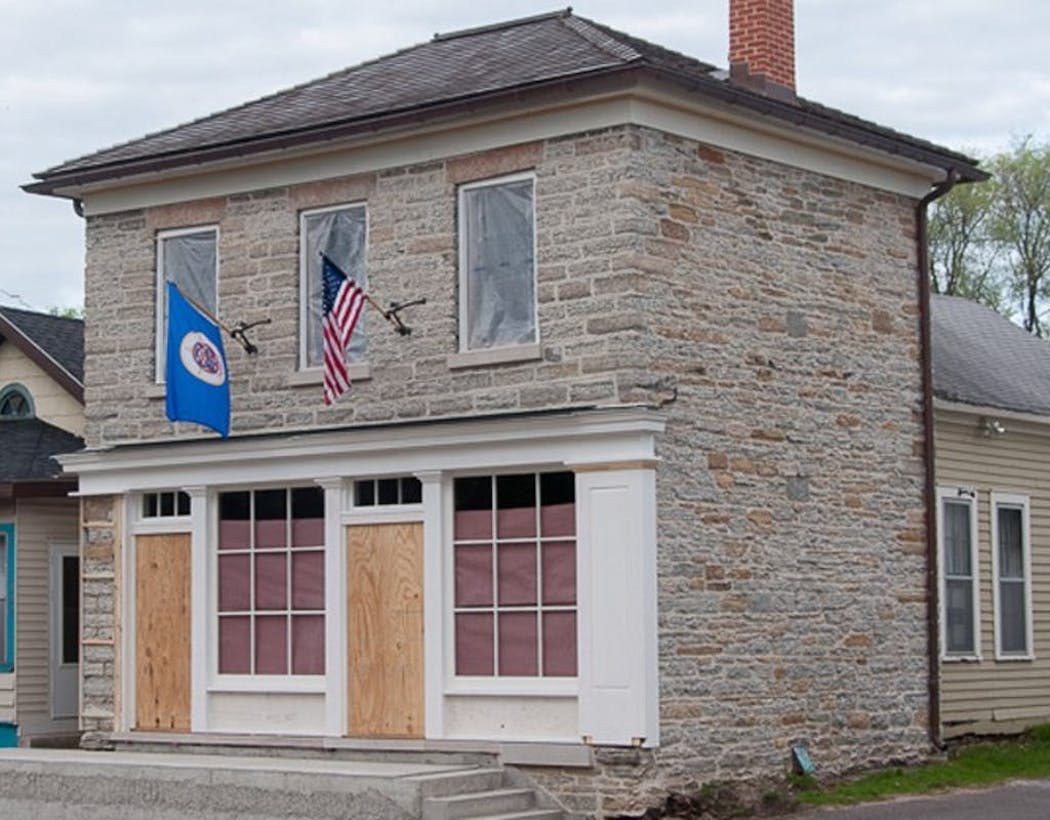Waldmann Brewery & Wurstery As a history nerd and a neighbor, Tom Schroeder had long wondered about the origin of the limestone structure just off St. Paul's W. 7th Street.
So in 2008, he purchased it.
"I bought it like you would buy a fascinating object in an antique store," he said of the building at 445 N. Smith Av. "I recognized it as one of the last unresearched and untouched relics from the 19th century. It was an enigma."
After 2 ½ years of weekends spent digging through documents at the Minnesota Historical Society, Schroeder — an attorney who has done a lot of pro bono preservation work in the community — uncovered the edifice's original identity: a saloon, established in 1857.
That discovery would be the impetus for the "arduous and painful" process to get approval to renovate the heirloom. This fall, Schroeder will open Waldmann Brewery & Wurstery (waldmannbrewery.com), an establishment intended to mimic the original.
"It's been a labor of love," said Schroeder, himself a home brewer of 20 years. "The goal is to give people the experience of walking into a German lager saloon in the 19th century."
That means that everything from the lighting (oil lamps) to the windows (using distortion glass) to the music (acoustic varieties) will give a nod to the past. Schroeder also has been collecting antique steamboat chairs (he has about 45) to stock the bar at Waldmann, which is named for the original saloon owner, Anthony Waldmann.
Karl Gerstenberger, formerly the head butcher at Seward Community Co-op, will be making bratwurst and other traditional German sausages with a focus on locally sourced, humanely raised meats. Waldmann also will offer salads, soups, pretzels and other 1800s-esque eats.
The beer will be 80 to 85 percent lager, Schroeder said, with malt-forward, traditional German styles taking the spotlight. Head brewer Drew Ruggles will use locally sourced grains and hops in the same way a 19th-century brewer in St. Paul would have — but with his own twists and using, of course, modern brewing technology and equipment.
"It's kind of analogous to what would Beethoven compose if he was alive today," Schroeder said. "They're going to be German-American pioneer recipes."


